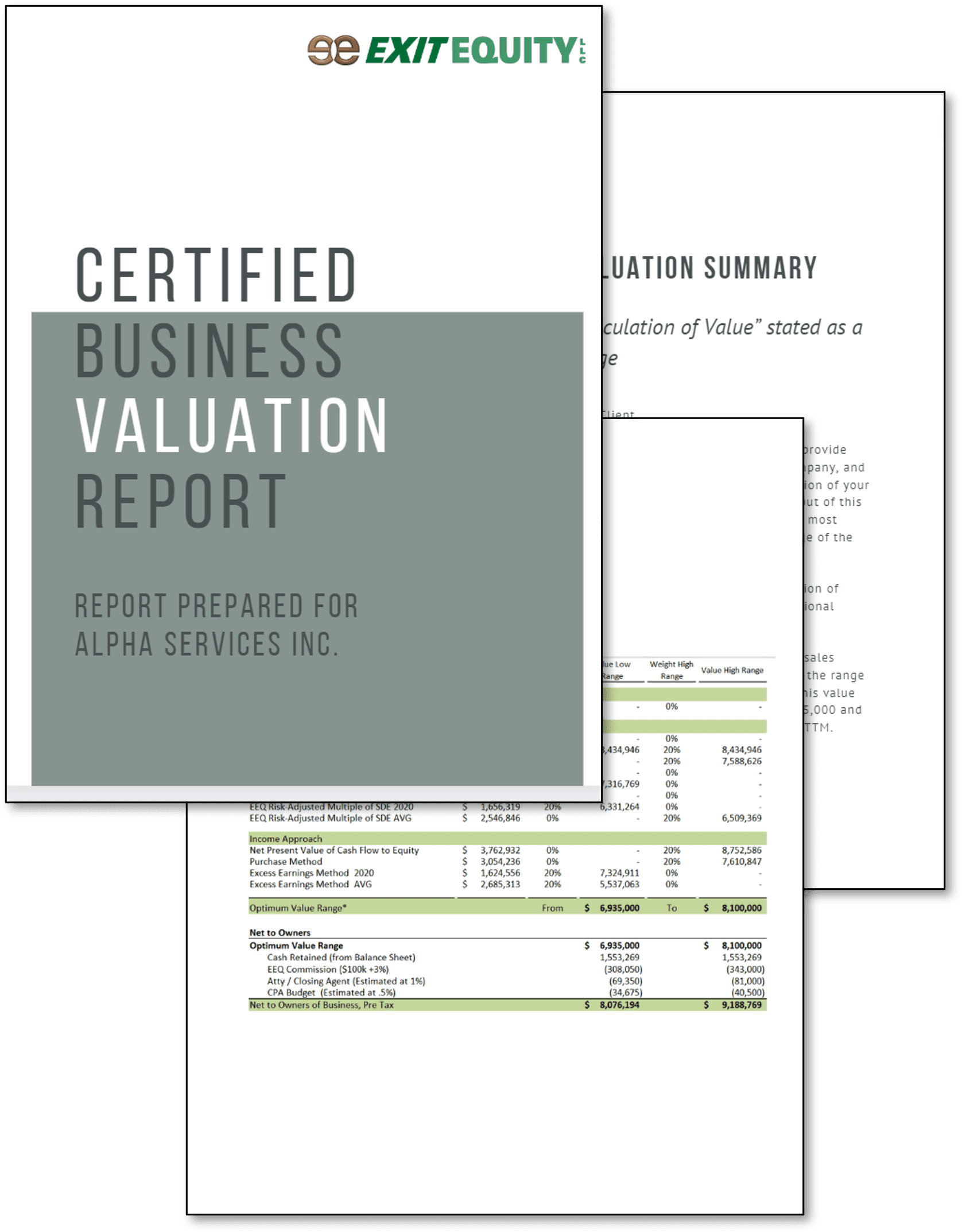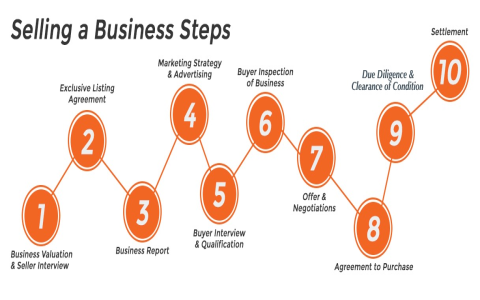Alright, let’s talk about my little adventure trying to find a small business for sale here in Seattle. It felt like the right time to maybe be my own boss, you know? And Seattle’s always felt like a place with opportunities, lots of neighborhoods with their own vibe.
Getting Started
So, the first thing I did was pretty basic. I just jumped online. Spent a good few hours searching terms like “businesses for sale seattle”, “buy a small business washington state”, that kind of thing. You get a ton of results, mostly pointing to these big broker websites and listing platforms.

Sifting Through Listings
I signed up for a couple of those main websites where brokers list businesses. It was a bit overwhelming at first. You see everything from laundromats to cafes to small tech startups. Lots to wade through.
I quickly realized I needed to filter things down. Here’s what I started focusing on:
- Location: Tried to narrow it down to specific areas I liked or knew well in Seattle. Thinking maybe Fremont, Ballard, or even parts of Capitol Hill.
- Business Type: I wasn’t looking for anything too complicated. Maybe retail, a coffee shop, a simple service business. Something I could actually wrap my head around running.
- Price: Had to set a realistic budget. Filtered out anything way above what I could potentially afford or finance.
- Profitability: Looked for businesses that were actually making some money, or at least had clear potential. You see a lot listed that are losing money, and that’s a whole different challenge.
Dealing with Brokers and Info
Once I found a few listings that looked interesting, I started reaching out through the websites. This usually means contacting a business broker. Most of the time, the first step was signing a Non-Disclosure Agreement (NDA). Makes sense, they don’t want sensitive business info just floating around.
After the NDA, you usually get a bit more information – a summary sheet, maybe some basic financials. Getting the real detailed stuff, like full tax returns and profit & loss statements, often took more pushing or showing you were a serious buyer.
Some brokers were great, really helpful. Others felt like they were just trying to make a quick sale and didn’t know much about the actual business they were representing. You learn to get a feel for it.
Digging Deeper
I looked seriously at about four or five businesses over a few months. This meant really trying to understand the numbers. Looking at the profit and loss (P&L), checking the lease agreement (super important!), asking about employees, and trying to figure out why the owner was selling. Sometimes the reason given felt a bit thin.
I even did a couple of discreet “drive-bys” or walk-ins as a customer, just to get a feel for the place, see how busy it was, what the vibe was like. You can learn a lot just by observing.

Some Hurdles Along the Way
It wasn’t all smooth sailing. Finding businesses with clean, verifiable financial records was tougher than I expected. Some asking prices seemed totally disconnected from the numbers shown. It takes a lot of time, more than I initially thought, just managing the communication, reviewing documents, and trying to figure out if an opportunity is legit.
You also see the same listings stay up for months, or even years, which makes you wonder what’s wrong with them.
What I’ve Learned So Far
Main takeaway? Patience is key. And you absolutely have to do your homework – due diligence is everything. Don’t just trust the broker’s summary sheet. You need to verify things yourself or get professional help.
Seattle seems to have a decent number of small businesses changing hands, but finding a good one, at a fair price, that fits what you’re looking for? That’s the real work. It’s definitely a process, and I’m still in it. We’ll see what happens!














